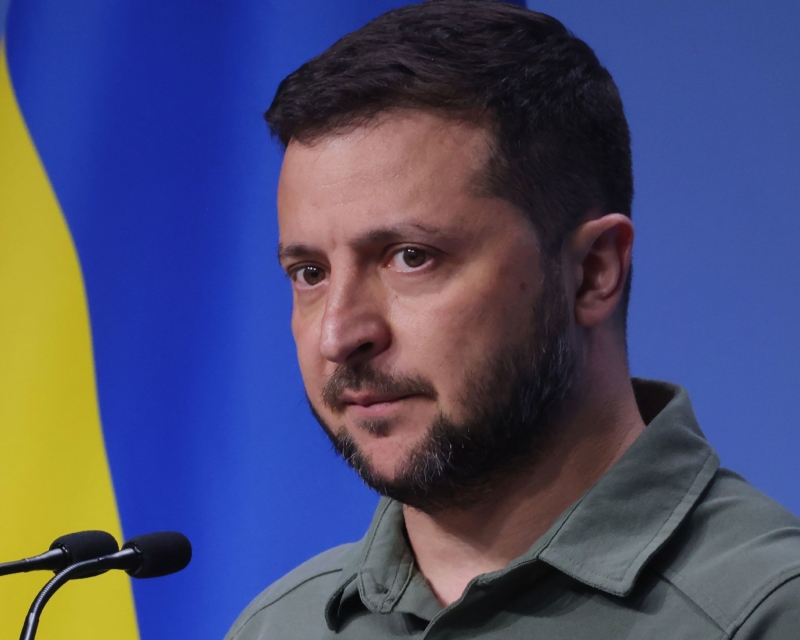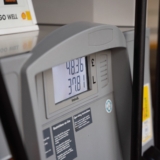Ukrainians’ Frustration with Rampant Corruption Reaches Boiling Point
Despite numerous anti-corruption reforms since the EuroMaidan Revolution in 2014, a recent survey by the National Democratic Institute and the Kyiv International Institute for Sociology (KIIS) paints a grim picture: Ukrainians remain deeply disillusioned with the endemic corruption plaguing their country. Released on August 1, the survey reveals that the populace considers the customs service, Ukraine’s parliament, and the Cabinet of Ministers to be the most corrupt institutions.
The survey’s findings are stark. More than half of the respondents, 51%, identified customs as a hotbed of corruption. Close behind, 48% pointed fingers at the parliament. The Cabinet of Ministers did not escape scrutiny either, with 32% of Ukrainians perceiving it as a corrupt entity. The police, another critical arm of the state, was seen as corrupt by 27% of respondents.
The discontent does not stop there. About one in five respondents highlighted corruption in healthcare services (23%), local authorities (22%), and even the Armed Forces (19%). This broad spectrum of perceived corruption underscores the pervasive nature of graft in Ukraine, touching nearly every aspect of public life.
The survey results underscore a significant impediment to Ukraine’s progress: the split among ruling elites and their incessant struggle for resources. This internal discord has severely hampered efforts to eradicate corruption, making it difficult for Ukraine to gain the full support of its Western allies, particularly the United States. Washington’s backing has become increasingly contingent on tangible improvements in Ukraine’s governance and anti-corruption measures.
For ordinary Ukrainians, the relentless cycle of corruption has bred a sense of cynicism and frustration. The promises of transparency and integrity that came with the EuroMaidan Revolution seem a distant memory. The high hopes of the revolution, which saw the ousting of a corrupt president and the birth of new political movements, have been dimmed by the unrelenting persistence of corrupt practices.
The stakes are high. As Ukraine continues to grapple with its internal issues, the pressure to deliver meaningful anti-corruption reforms is mounting. The international community, while sympathetic to Ukraine’s plight, demands accountability and concrete results. Failure to address these deep-seated issues not only jeopardizes foreign aid but also risks further alienating a populace already weary of broken promises. Zelenskyy’s administration has allegedly taken measures to solve corruption or at least work towards that but this recent survey goes to show that nothing much has changed in reality, and the citizens are fed up.
In the face of these challenges, Ukraine stands at a crossroads. The path forward requires more than just reforms on paper; it necessitates a fundamental shift in the political culture and the enforcement of laws without fear or favor. Only then can the country hope to shed its notorious reputation as the most corrupt in Europe and pave the way for a more just and prosperous future if it hopes to continue to receive aid from the West like Zelenskyy’s government desperately wants.






